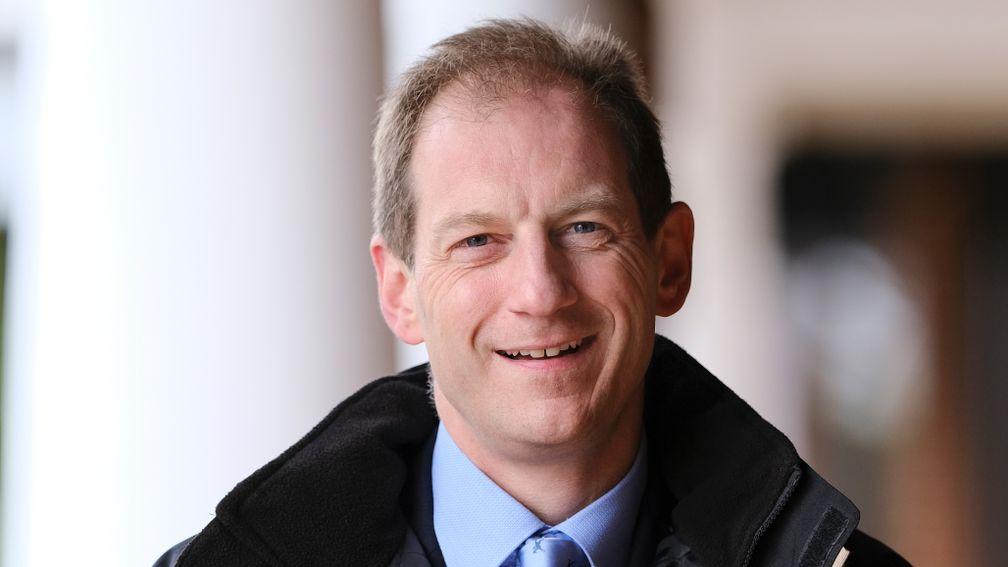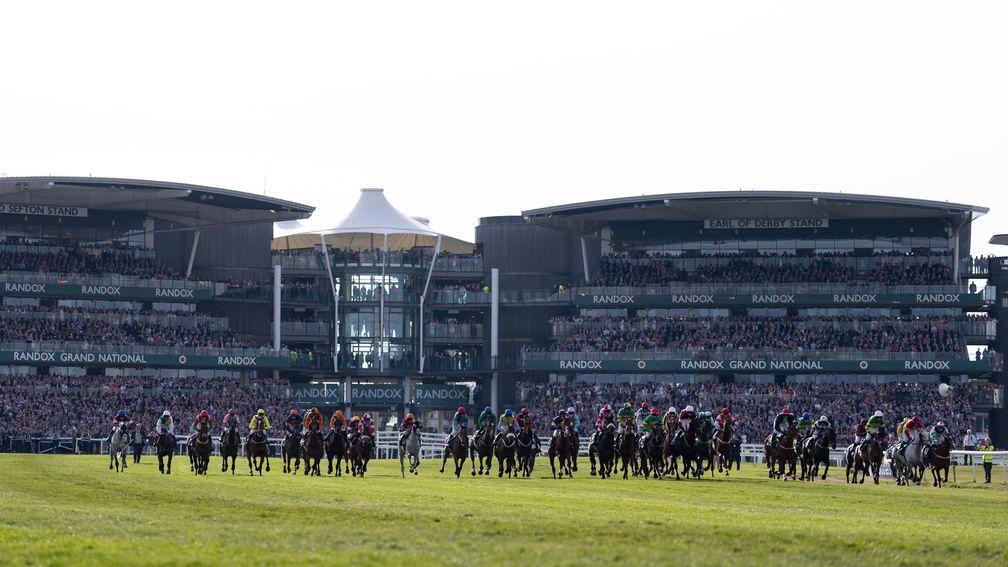Jockey Club pledges greater transparency over finances with its prize-money set to break £60 million in 2024

The Jockey Club has pledged to provide greater transparency over its business performance as British racing's largest commercial operator revealed it will offer more than £60 million in prize-money across its 15 racecourses for the first time this year.
The news will reignite calls for increased openness from other racecourses about their income streams, especially on the controversial subject of media rights payments.
Last month BHA chief executive Julie Harrington said the issue of transparency on how money flows through the sport needed to be addressed, as it was breeding "distrust and suspicion".
The Jockey Club said that over the last 30 months it had conducted 39 ‘transparency meetings’ with 120 industry participants to explain its business performance, prize-money, media rights and investment plans.
On Tuesday it said it would extend its commitment to openness by providing more information to the Thoroughbred Group, including figures relating to individual racecourse media rights.
Many participants believe not enough racecourse income from media rights payments from bookmakers filters through to prize-money.

Jockey Club chief executive Nevin Truesdale said: “It’s really important to us at the Jockey Club to continue to be transparent in sharing details of our business performance with industry participants and stakeholders.
“By agreeing to extend this commitment to provide the Thoroughbred Group with more information around our revenues and costs, we are seeking to drive critical industry collaboration to work together to grow the sport, while also providing a clearer picture of the challenges we face as a racecourse operator."
The news was welcomed by Thoroughbred Group chairman Julian Richmond-Watson, who had called for greater transparency last year when critical of a warning from Racecourse Association chief executive David Armstrong that the prospect of prize-money reductions in 2024 was "a grim reality".
Richmond-Watson said: "This enhanced visibility will allow us to focus on working together to grow the sport’s revenues and, in turn, increase the prize-money levels upon which our participants rely."
The Thoroughbred Group has been looking to enter commercial agreements with racecourses and racecourse groups.
National Trainers Federation chief executive Paul Johnson said: "The announcement from the Jockey Club is most welcome on two fronts. First, amid concerns that the sport’s financial headwinds could see prize-money fall from 2023 levels, it is positive to see that the Jockey Club have been able to deliver an increase.
"Second, and looking further forwards, we are delighted to be able to have agreed on a commitment to greater transparency over finances.
"We believe that this is an enormously important step in being able to agree commercial partnerships with racecourses, something that we see as a foundation stone for working together to improve the sport’s future."
Overall prize-money of £60.1m will be offered across the 334 fixtures due to be staged this year by the Jockey Club, whose courses include Aintree, Cheltenham, Epsom and Newmarket.

That compares to £59m for the 342 fixtures that were scheduled to be staged last year.
Of the 2024 figure, £31.8m will come from the Jockey Club's own funds, up from an executive contribution projected at £31.1m in 2023.
The Jockey Club has also budgeted to spend £11.7m over the next 12 months on upgrades to its racecourses.
Truesdale said the Jockey Club was pleased to break the £60m barrier for prize-money for the first time given the "unprecedented financial headwinds" the racing industry is facing from affordability checks and rising costs.
He added: "Our mission is to power racing’s future and to ensure that our sport thrives for generations to come. That would not be possible without our participants and all those whose jobs not only help British racing prosper but rely on the industry.
"So, while we continue to take important steps to improve our business efficiency in the face of significant and unprecedented economic challenges, there is also an ongoing focus on investing across our estate and in participants, which includes a commitment to prize-money.
"This has led us to some difficult decisions in our financial planning for 2024 and we are pleased to be able to deliver an increase in prize-money investment in these very challenging circumstances."
As for the investment elsewhere, Truesdale said that the Jockey Club hoped it would help "drive engagement, expand our fan base and increase attendances for the good of the sport".
Read these next

The Front Runner is our unmissable email newsletter available exclusively to Members' Club Ultimate subscribers. Chris Cook, the reigning Racing Writer of the Year, provides his take on the day's biggest stories and tips for the upcoming racing every morning from Monday to Friday. Not a Members' Club Ultimate subscriber? Click here to join today and also receive our Ultimate Daily emails plus our full range of fantastic website and newspaper content.
inBritain
- Derby decision to be left late for runaway Dante winner Economics
- Levy talks going to the wire with ministers due to update parliament on progress this week
- A week-long Derby festival among ideas under consideration to revive Epsom's fortunes
- William Hill punter turns £33 into just over £39,000 in 90-minute winning spell
- 'He had a few things go against him' - Big Rock's new trainer rues stumbling start in Lockinge disappointment
- Derby decision to be left late for runaway Dante winner Economics
- Levy talks going to the wire with ministers due to update parliament on progress this week
- A week-long Derby festival among ideas under consideration to revive Epsom's fortunes
- William Hill punter turns £33 into just over £39,000 in 90-minute winning spell
- 'He had a few things go against him' - Big Rock's new trainer rues stumbling start in Lockinge disappointment